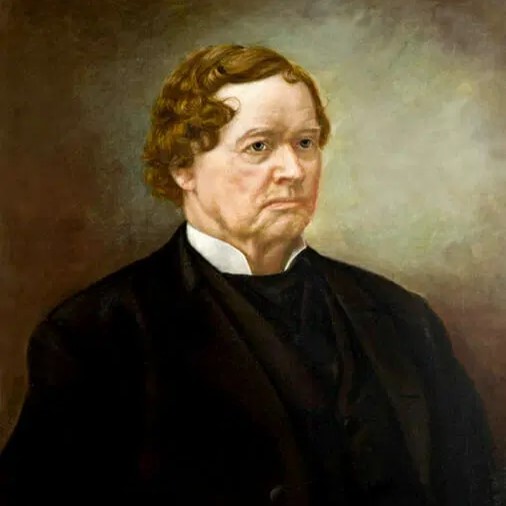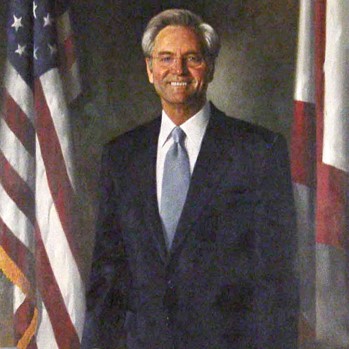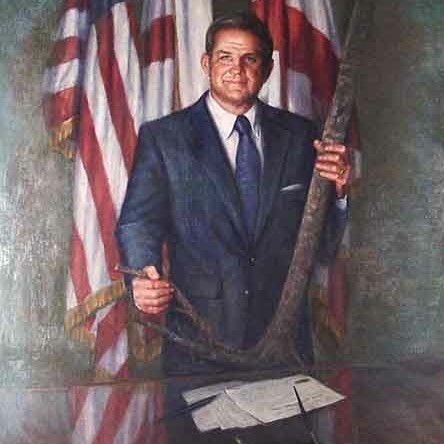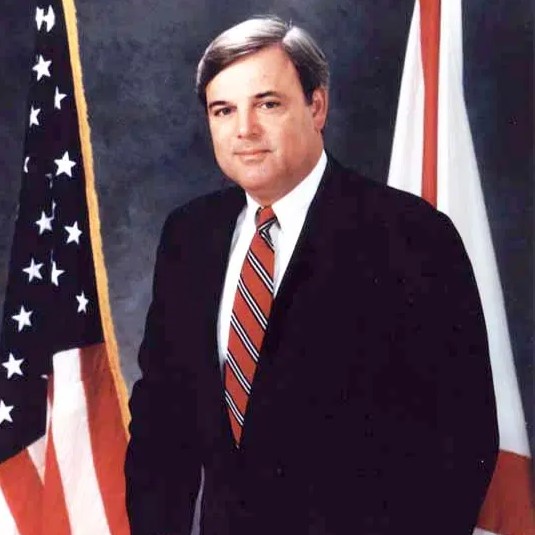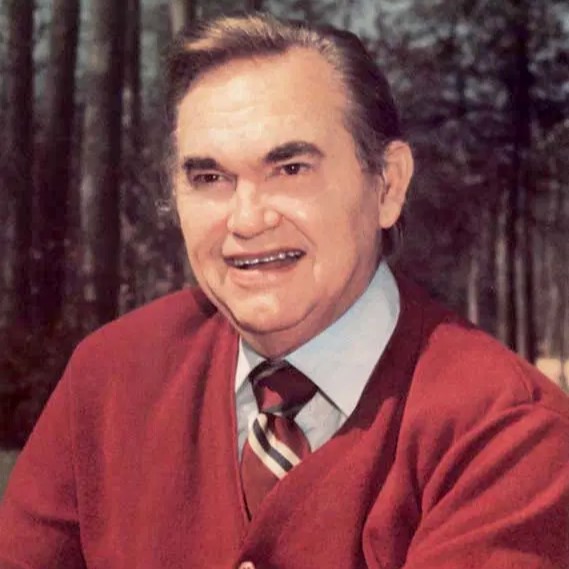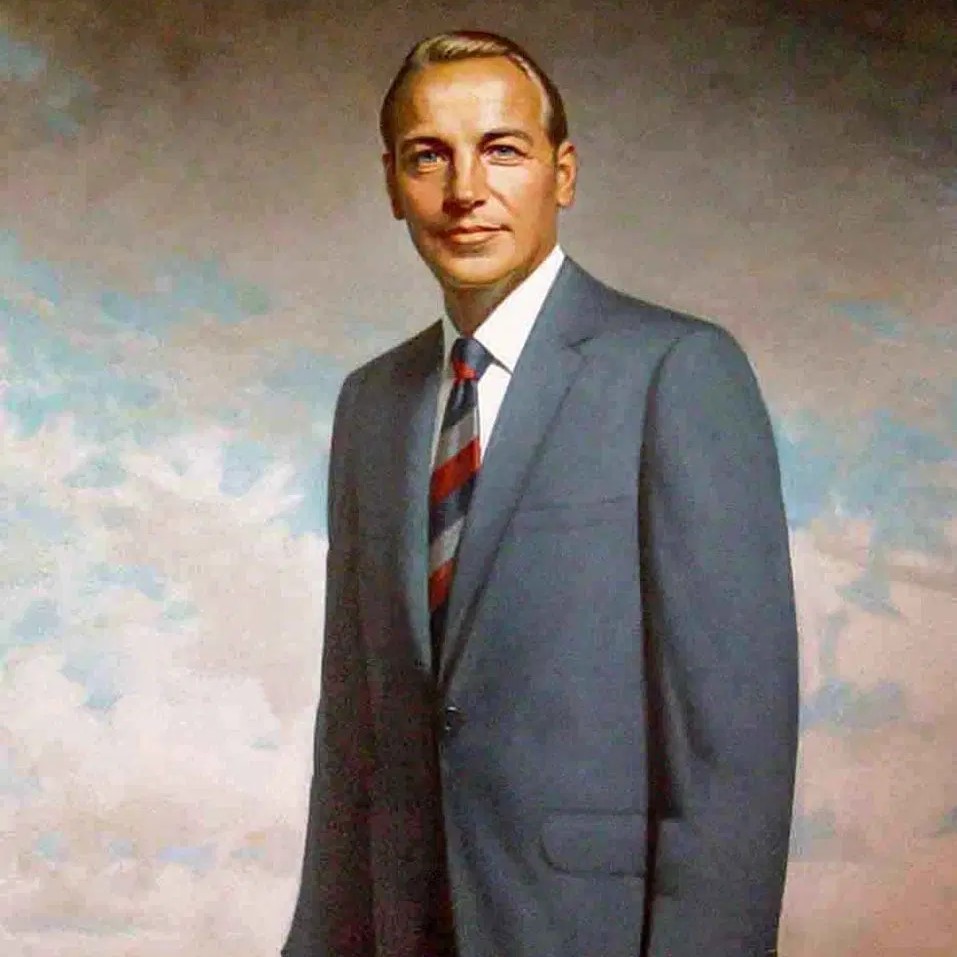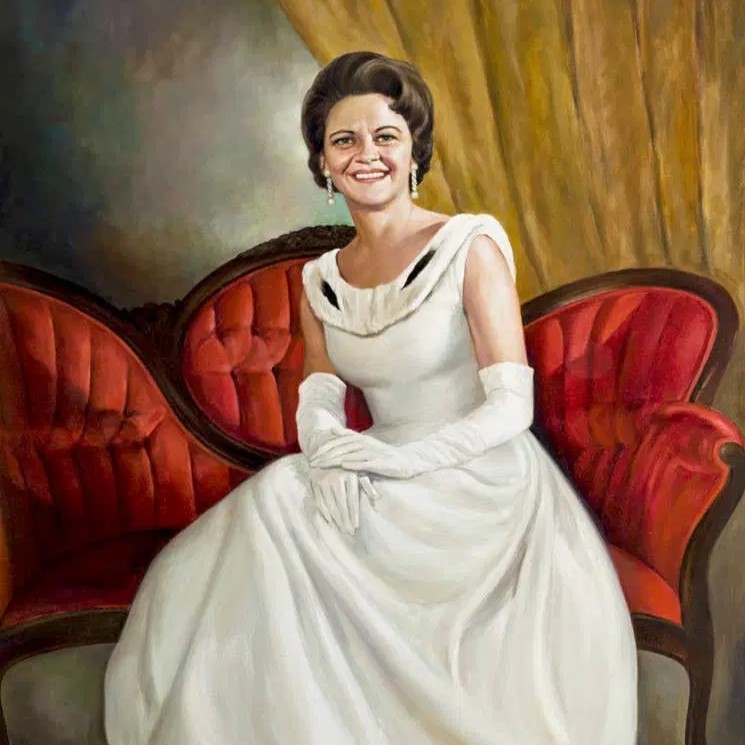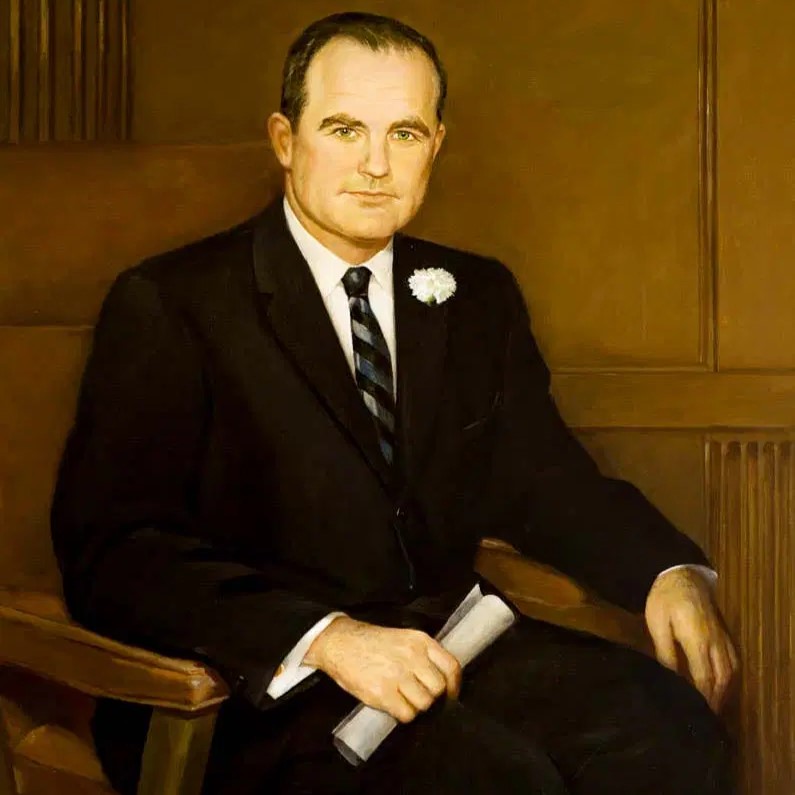This website uses cookies so that we can provide you with the best user experience possible. Cookie information is stored in your browser and performs functions such as recognizing you when you return to our website and helping our team to understand which sections of the website you find most interesting and useful. Please see our privacy policy for more information.
Alabama
Gov. Reuben Chapman
- December 16, 1847 - December 17, 1849
- Democratic
- July 15, 1799
- May 17, 1882
- Virginia
- Married Felicia Steptoe Pickett; six children
- Representative
About
REUBEN CHAPMAN was born on July 15, 1799, in Bowling Green, Virginia, to Colonel Reuben and Ann Chapman. In 1824, Chapman moved to Huntsville, Alabama, and studied law with his brother Samuel. He was admitted to the bar in 1825 and began a private law practice in Sommerville, Alabama. He moved to Huntsville, Alabama, and entered politics in 1832, serving in the Alabama Senate until 1835. Chapman also served in the U.S. House of Representatives from 1835 to 1847. In May of 1847, he was nominated by the Democratic state convention to run for governor. Chapman won the election on August 2, 1847, and was sworn into office as Alabama’s 13th governor on December 16, 1847. During his administration, the Mexican War ended, the debate over slavery grew more pronounced, and a state geologist was appointed to explore Alabama’s mineral and ore deposits. The major issue of Chapman’s term was the continued financial solvency of the state, and he established effective financial procedures that offset the damage that was done to the state’s economy. In February 1848, the “Alabama Platform” was adopted at the Democratic state convention. It demanded that the U.S. Congress protect slavery in the territories, and anyone who did not share this view shouldn’t be nominated for president. Also during Chapman’s term, the state capitol burned and the popular election of judges was enacted. Chapman was not nominated for the 1849 gubernatorial election. He stayed active in politics serving in the Alabama House of Representatives in 1855, and he was a delegate to the Democratic National Convention in 1856, 1860, and 1868. Chapman also was the Confederate States’ representative to France from 1862 to 1865. He died on May 17, 1882, and is buried at Maple Hill Cemetery in Huntsville, Alabama.
Source
Alabama Department of Archives and History
Biographical Directory of the U.S. Congress
Sobel, Robert, and John Raimo,eds. Biographical Directory of the Governors of the United States, 1789-1978, Vol. 1, Westport, Conn.; Meckler Books, 1978. 4 vols.

